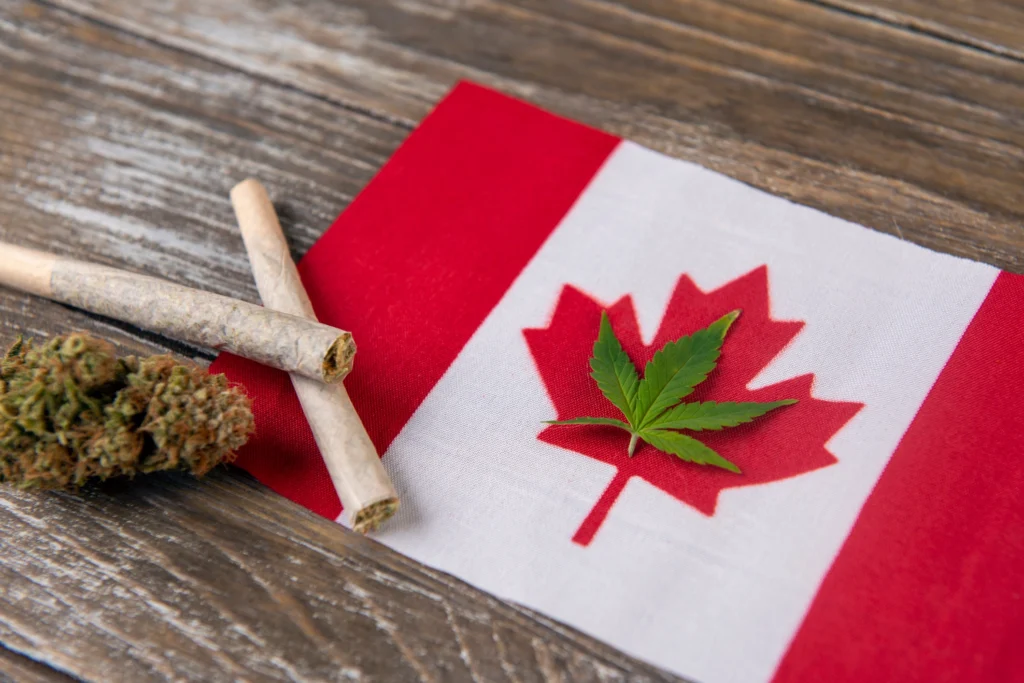A study published today by the American Journal of Public Health finds that Canada’s legalization of marijuana was associated with a sharp decline in cannabis-related hospitalizations among youth under the minimum legal age (MLA), suggesting age restrictions may help protect young people.

Researchers from the University of Ottawa, University of Southern California, University of Toronto, and the University of Hong Kong analyzed hospitalization data across Canada from 2015 to 2022, covering more than 14 million individuals between the ages of 15 and 44. They used a controlled interrupted time series design to compare hospitalization trends before and after legalization among those above and below each province’s legal purchasing age.
During the study period, there were 137,901 cannabis-related hospitalizations. Before legalization, hospitalization rates were rising by 2% per quarter for both groups. However, following legalization, hospitalization rates for those under the MLA began falling at a rate of 2% per quarter. No similar decline was observed among adults above the MLA. Over a three-and-a-half-year period, this translated to a 34% relative reduction in hospitalizations for the underage group.
“Nonmedical cannabis legalization in Canada was associated with reductions in cannabis-related hospitalizations for youths below the MLA and with ongoing increases for individuals above the MLA”, states the study.
The findings add to the growing body of evidence that age-based regulations can play a critical role in shaping the public health outcomes of marijuana policy reform.






